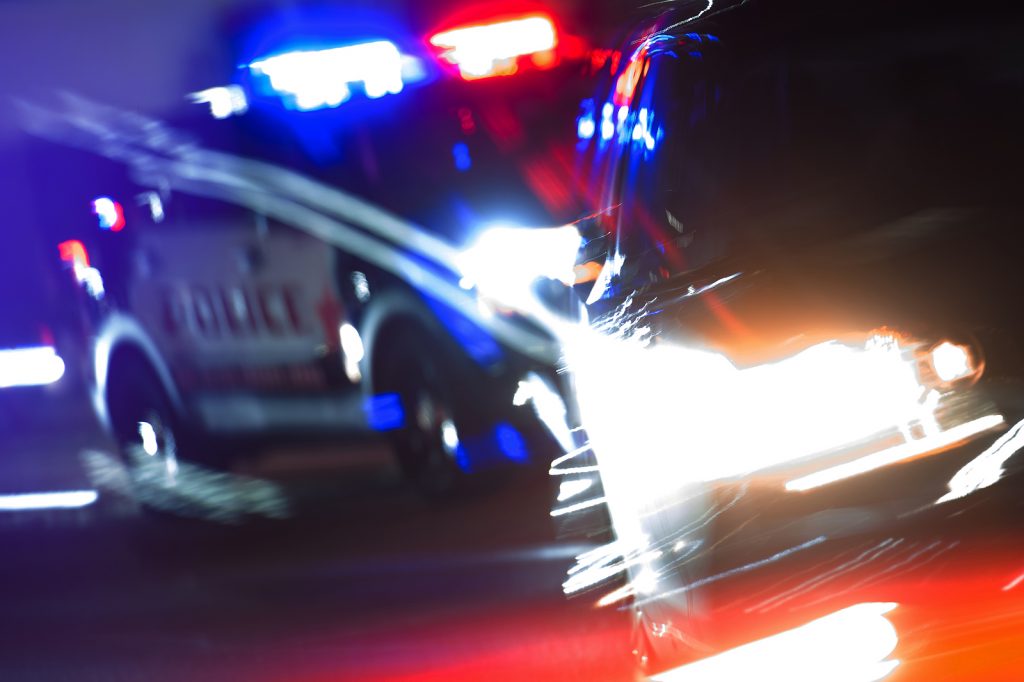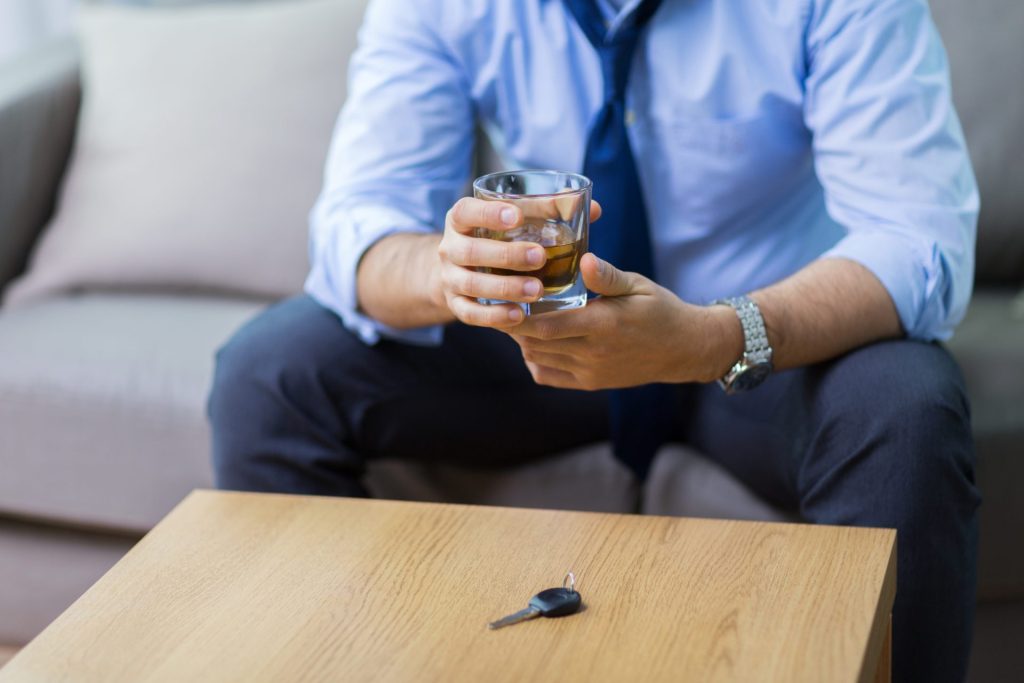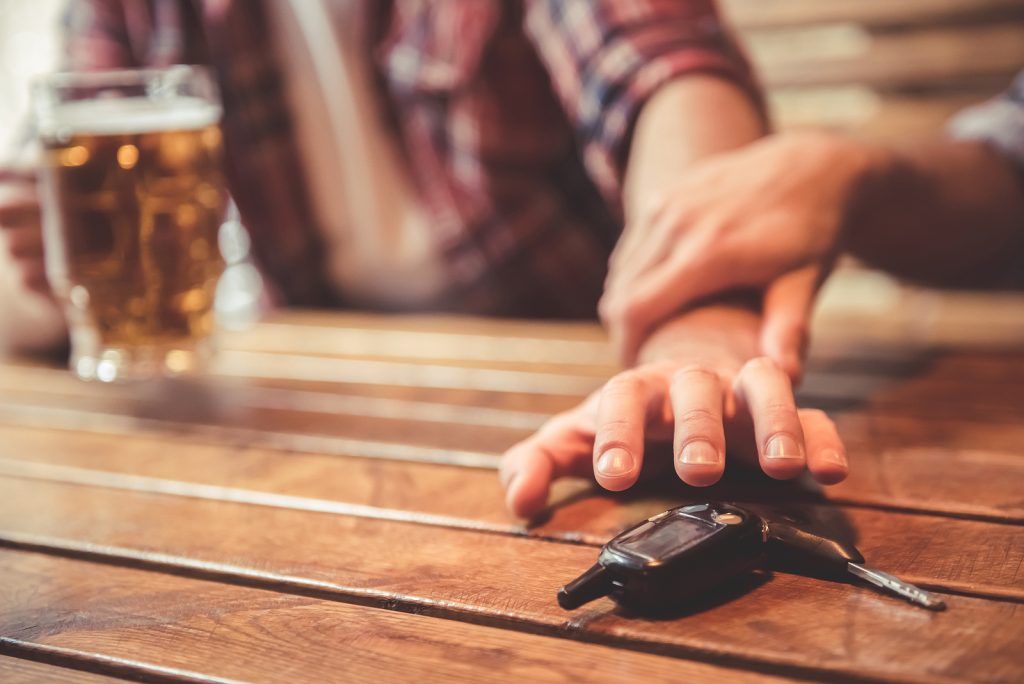This article was last updated: Oct. 25th, 2022
Colorado’s Underage Drinking Law
Short answer: Under Colorado law, one must be at least 21 years of age to consume or possess alcohol (12-47-901) or ethyl alcohol (18-13-122(3)), or work in or enter a liquor store (12-47-901(b)). One must be at least 18 years of age to serve at on-premise locations (SB17-237).
People under age 21 in Colorado are not allowed to possess or consume alcohol. Colorado, like every other state, has minor in possession laws that make underage drinking illegal. Suppose a police officer suspects that an underage person has consumed alcohol or has alcoholic drinks within their immediate control. In that case, they may ask the minor to undergo a breathalyzer test to determine whether or not the minor consumed alcohol. If one is suspected or charged with underage drinking, a defense lawyer should be consulted.
The Penalties for Underage Drinking in Colorado
The penalties for underage drinking in Colorado include jail time, driver’s license suspension, and fines. In addition to these penalties, additional penalties may consist of community service for up to 24 hours and mandatory completion of an alcohol evaluation or assessment. Additionally, the defendant may be required to attend an alcohol treatment or education program at their own cost. Defendants convicted of underage drinking or possession of alcohol face the following penalties:
- First conviction: Driver’s license suspension for three months and a fine of up to $250
- Second conviction: Driver’s license suspension for six months and a fine of up to $500
- Third and subsequent convictions: Class 2 misdemeanor in Colorado. Penalties include jail time of up to a year, a driver’s license suspension for a year, and a fine of up to $1,000
Exceptions to the Colorado Underage Drinking Law
There are some important exceptions to the general rule that minors may not consume or possess alcohol. The exceptions to this general rule include, but are not limited to the following:
- The minor is consuming alcohol for religious purposes
- The underage person called 911 and reported in good faith that another underage person needed medical assistance because of marijuana or alcohol consumption
- The underage person was the first person to make the 9/11 report
- A legal guardian or parent of a person under age 21 gave or permitted The Possession and consumption of alcohol to the underage person
- Consuming food that has a small amount of alcohol in it
Will This Charge Stay on My Child’s Record?
If you are a parent and your child has been charged or convicted of possession of alcohol, you may be concerned that the conviction will stay on your child’s record. After your child has paid the fine and completed the required substance abuse education course, the court will seal your child’s record. Once the record has been sealed, the conviction for a minor in possession of alcohol will not be seen by the general public.
What Should I Do if My Child Has Been Charged With Underage Drinking?
Knowing that your child is in trouble with the law can be scary. As a parent, the need to keep your child safe is a strong instinct. If your child has been charged with underage drinking, one of the best things you can do is reach out to an experienced criminal defense attorney. There are certain defenses that the attorneys at Joyner Law can use to protect your child. The sooner you reach out to a defense attorney, the sooner your child’s attorney can begin developing a solid legal defense.
Defenses to Underage Drinking Charges in Colorado
Colorado prosecutors must prove that the defendant has been engaged in underage drinking beyond a reasonable doubt as with every other crime. A prosecutor can convict a minor of underage drinking without using the results of a breathalyzer test. However, the prosecution needs to prove that the individual was below age 21, consumed or possessed alcohol, or showed other signs of impairment or intoxication such as the smell of alcohol or slurred speech to secure a conviction.
An experienced underage drinking attorney can challenge the prosecutor’s claims that the defendant consumed or possessed alcohol. Depending on the facts of the case, an attorney may argue that you possessed or consumed an alcoholic property. Or, the defense attorney may argue that the minor’s parents and the owner of the property consented to the minor consuming alcohol.
If the prosecution is using a breathalyzer test against the defendant, the defense attorney may challenge the breathalyzer test results. Sometimes, traces of alcohol in a person’s bloodstream occur from a substance that the person had no intention to ingest. In other cases, the law enforcement officer who arrested the minor may have violated their constitutional rights. Perhaps the law enforcement officer pulled over the minor without the necessary reasonable suspicion that a crime had been committed. In other cases, the police officer may have failed to read the defendant’s Miranda rights when arresting them.
Underage Drinking and Driving
In Colorado, drinking and driving is an offense for underage persons. Even if a minor feels sober and not affected by alcohol, they can be charged with underage drinking and driving if they are found to be operating a vehicle with a blood-alcohol concentration level between .02 and .05%. If you are convicted of underage drinking and driving, the Colorado DMV will revoke your driver’s license.
Summary
According to Colorado state law, persons consuming or in possession of alcohol must be of at least 21 years of age, and it is illegal to enter a liquor store if under 21 years of age. However, there are exceptions to the rule if alcohol consumption is for religious purposes, with parental/guardian permission, and other situations.









